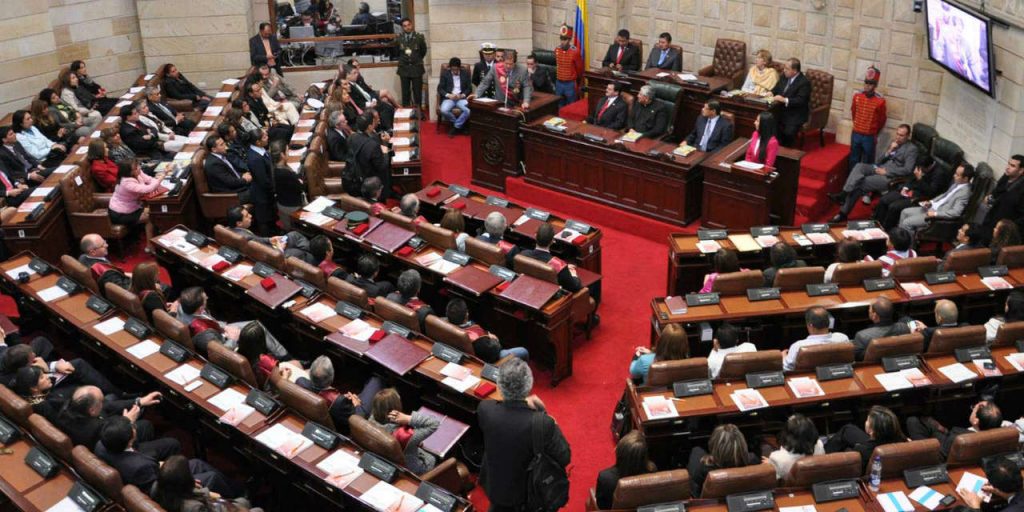A bill initially proposed to counter corruption in Colombia turns out to have an article that can put state officials leaking alleged corruption in prison, local media reported Wednesday.
According to Caracol Radio, several lawmakers who asked to remain anonymous said to be concerned about the article that could in effect benefit corruption.
Article 28 of the anti-corruption bill that is halfway through Congress would allow judges to impose sentences up to eight years in prison to public officials who leak information to news media, according to both Caracol and La FM.
Article 28
Anti-corruption bill
According to Caracol, the criminalization of alerting the media about possible documented corruption could be in violation of press freedom in the country.
“What they are seeking, through this article, is to silence the media,” said Caracol.
Thanks to whistleblowers, news media have been able to expose or clarify some of the country’s worst corruption and human rights scandals.
For example, the leaking of military instructions laid bare how the mass killing of civilians that took place could have been incentivized by the government of President Alvaro Uribe.
The leaking of documents from intelligence agency DAS allowed journalists and lawmakers to expose illegal spying practices on the Supreme Court, journalists and human rights defenders carried out under the same former president.
Most recently, military instructions that were leaked to the New York Times led to investigations into possible violations of international humanitarian law and human rights by National Army commander General Nicacio Martinez and a motion of no confidence filed against Defense Minister Guillermo Botero.
It is unclear how this article went unnoticed while the Senate is debating the bill for the third time, having already passed the House of Representatives and commissions of both chambers.
The initiative of President Ivan Duque followed a referendum in which anti-corruption advocates sought to force Congress to adopt measures to curb rampant corruption in the legislative body.


